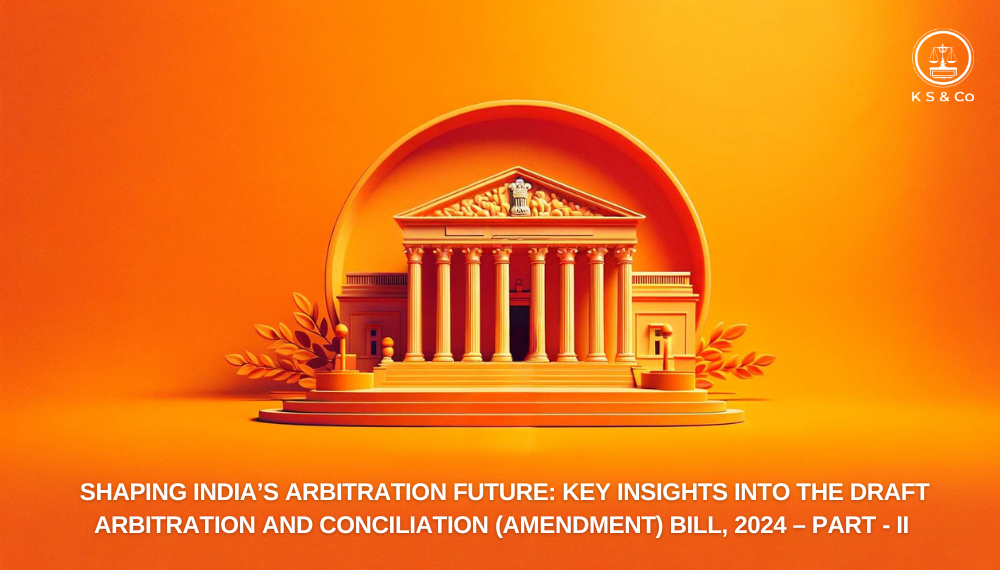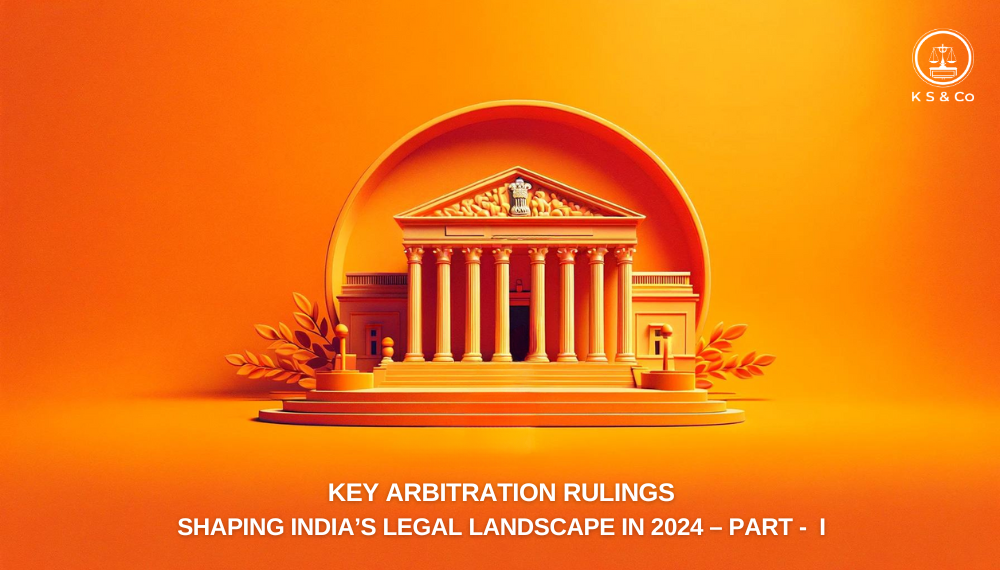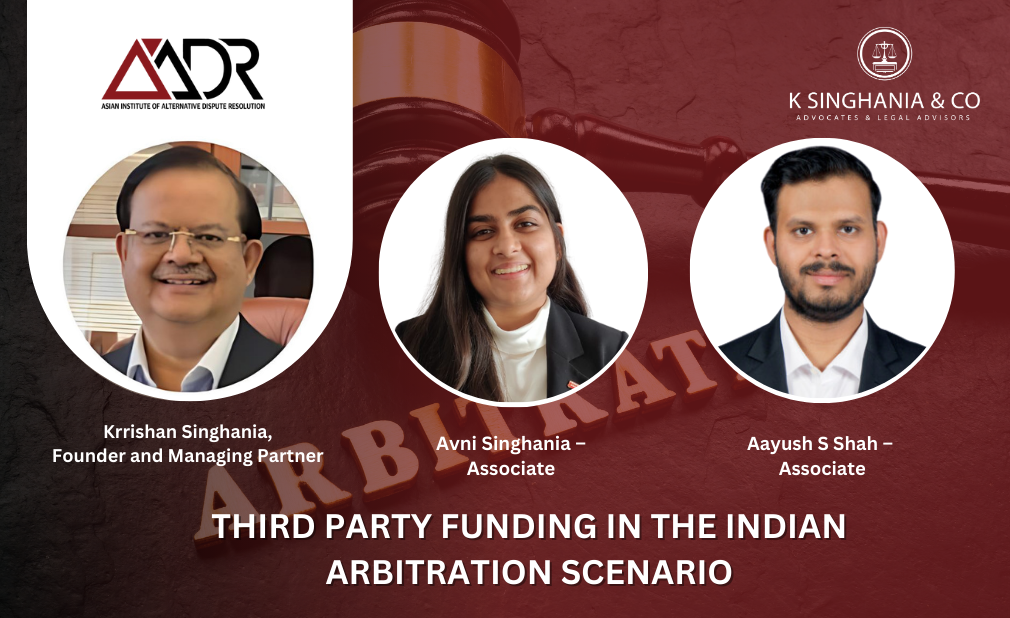This sums up our judicial system as a whole. It has now become a matter of fact that our Judicial System is anything but perfect and the mere fact that procedural delays and erred judgments have ceased to surprise anyone, whether in the legal fraternity or not, just goes to show how worrisome the current scenario is.
The subject matter of many lawsuits throughout the country is ‘dishonour of cheque’ or ‘cheque-bouncing’. These cases are governed by Section 138 of the Negotiable Instruments Act, 1881. Although traditionally, such a case would call for recovery of money through a civil lawsuit, a case filed under the said section would constitute a criminal proceeding thereby making it a quasi-criminal one.
The Negotiable Instruments Act, 1881 has been amended throughout the years in order to add provisions which are specifically meant to enable the Act to override various procedural and technical provisions enumerated in the CrPC. The said amendments have been carried out to ensure speedy and expeditious disposal of such proceedings. While in theory this may seem perfectly ideal, it’s clear as crystal that the people who have been entrusted with the duty of execution of the same have fallen short of expectations. What makes it worse is that this is not for the lack of legislation or precedents; it is, in actuality, the incompetency of certain judicial officers who mechanically stick to the provisions of the CrPC, which the amendments under the Act seek to override.
Sections 138-142 were inserted in 1988 in order to make sure that the drawer of the dishonoured cheque was not left scot-free. Section 143 starts with a non obstante clause which enables it to override the provisions of the CrPC to the extent as stated in the Act. It gives power to a Judicial Magistrate or a Magistrate of the First Class to conduct the trial and discretion has been given when it comes to applying the provisions of the CrPC. However, in practice is this not exercised. Section 144 was inserted to deal with the service of summons. The purpose of this was to enable the Magistrate to not follow the elaborate procedure laid down under sections 61-90 of the CrPC. It allows summons to be served through speedpost and notified private couriers besides the normal process and in case of refusal by any authorised person, the summons may be declared to be duly served.
Section 145 contemplates evidence of affidavit. According to this section the complainant can give his evidence by way of an affidavit and the same may be attached with the complaint. If the accused wants to contradict the contents of the affidavit the complainant may be called for cross-examination. Despite of the overriding provisions of the act, some Magistrates still insist on strict compliance of the provisions of the CrPC (section 261-265), which in turn causes abnormal delay in completion of the trial. Thus, inspite of the complainant having filed his evidence by way of an affidavit under section 145(1), the complainant is orally examined in chief all over again and is as a consequence made to appear twice. This is completely counterproductive and further contributes to the delay in the conclusion of trial. It is the accused who ends up deriving the maximum benefit out of such procedural delays.
In 2014, Indian Banks Associations filed a PIL in the Apex Court for issuance of directions to all courts in the country for mandatory compliance of Section 143 of the Act read with provisions of the CrPC. Further, framing of a procedure to be followed uniformly by all courts was also called for. The purpose of the same was to ensure speedy and expeditious disposal of all cases within the purview of Section 138.
After referring to the objects of Section 138 of the Act, relevant provisions of the CrPC and judicial precedents on interpretation of Section 145 of the Act, the following conclusions have been drawn:
● Evidence by way of an affidavit can be given and the complainant is not required to have himself examined twice i.e once after filing the complaint and another after summoning of the accused. ● There is no necessity to recall and re-examine the the complainant after summoning of the accused, unless the magistrate passes a specific order as to why the complainant is to be recalled. ● In a summary trial, after the accused is summoned, his plea is to be recorded under section 263(g) of CrPC and his examination, if any, can be done by a magistrate and a finding can be given by the court under section 263(h) of CrPC and the same procedure can be followed by a magistrate for offence of dishonour of cheque since offence under section 138 of the Act is a document based offence.
A standard procedure to be observed by all courts was also laid down by the Apex Court:
● Metropolitan Magistrate/Judicial Magistrate of appropriate jurisdiction on the day when the complaint under section 138 of the Negotiable Instrument Act is passed, shall scrutinize the complaint and if the complaint is in order, then along with the affidavit the same should be taken cognizance of and the summon be issued. The list of documents to be included with the petition is:
(i) Photocopy of the Cheque issued (ii) Copy of the legal notice sent to the accused along with the acknowledgement receipt of sending the same. (iii) List of Witness
● Summons are required to be issued both by e-mail and by post. Court can take the help of the police for service of summons to the parties.
● Court may direct the accused to furnish a bail bond at the first hearing to ensure his appearance during the trial.
● The court conducting cases should ensure that examination-re-examination-cross examination should be conducted within a period of three months. Power has been assigned to the Courts to accept the affidavit of the witnesses of the Complainant. The said witnesses, along with the accused, must be available for testimony. Despite all of the aforementioned, the bitter truth is that even after the Apex Court has specifically laid down a procedure which discourages the unnecessary examination in chief of the evidence given by way of an affidavit, it is regularly overlooked by Magistrates. As a result of this the Complainant, along with its Witnesses, continuously fall prey to this futile practice.
It is shocking that even though there are presumptions in law in favour of the holders, our judicial system time and again fails to deliver justice in the manner which it has been entrusted to do so.






